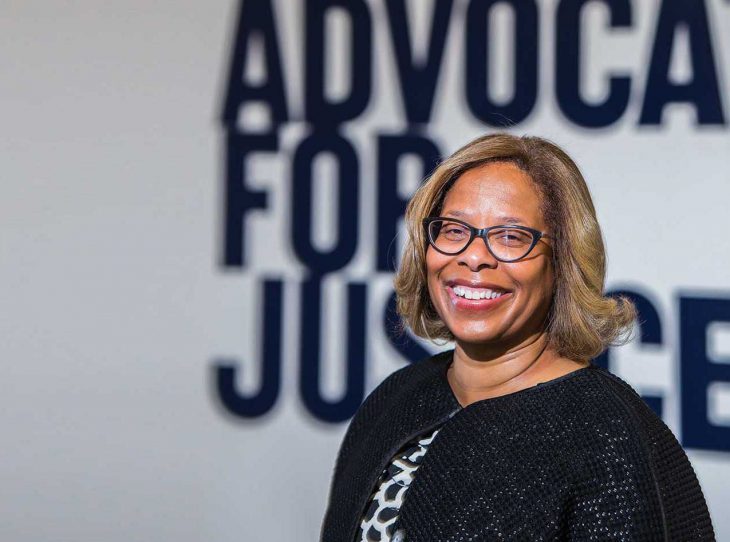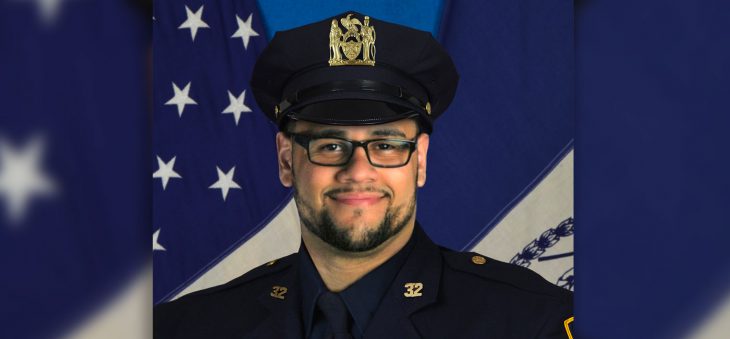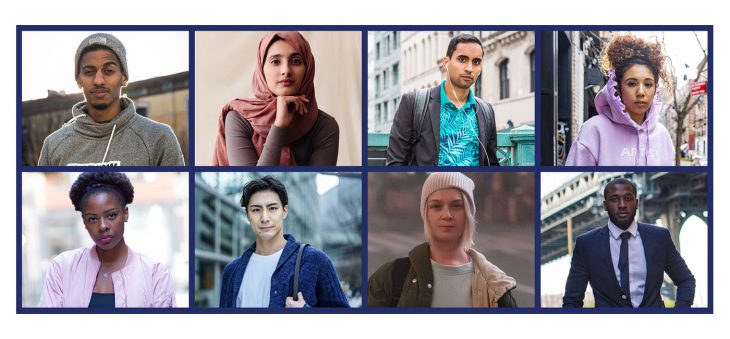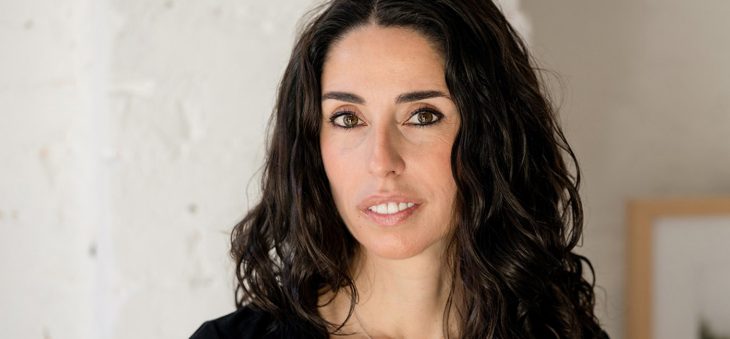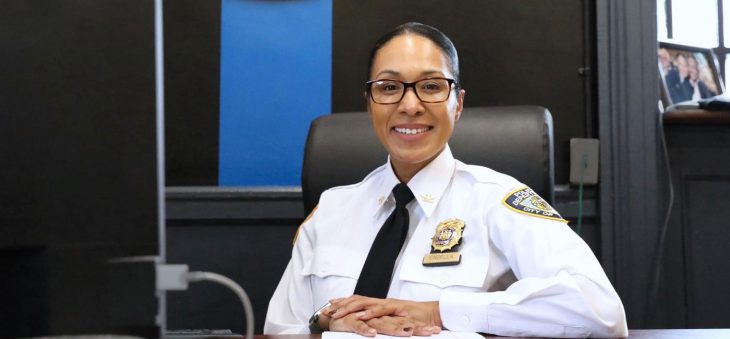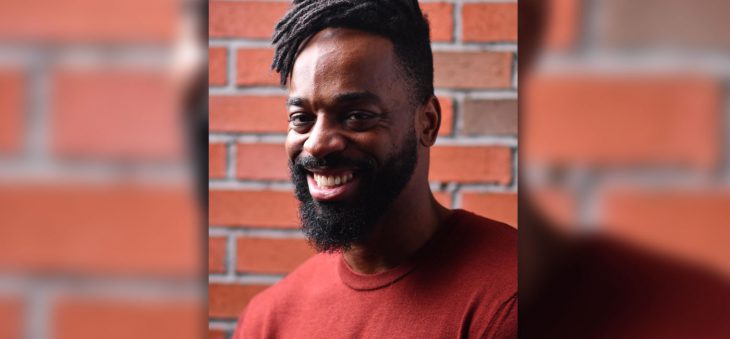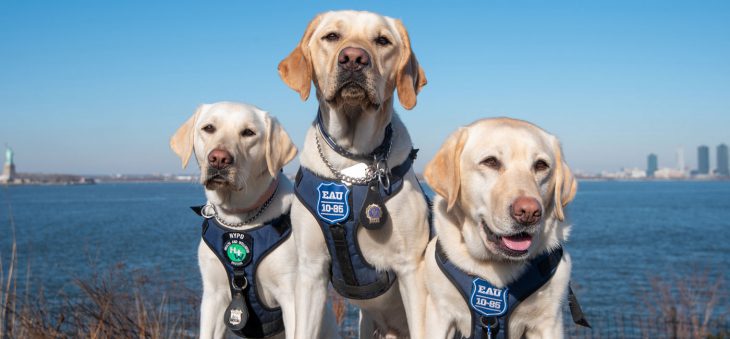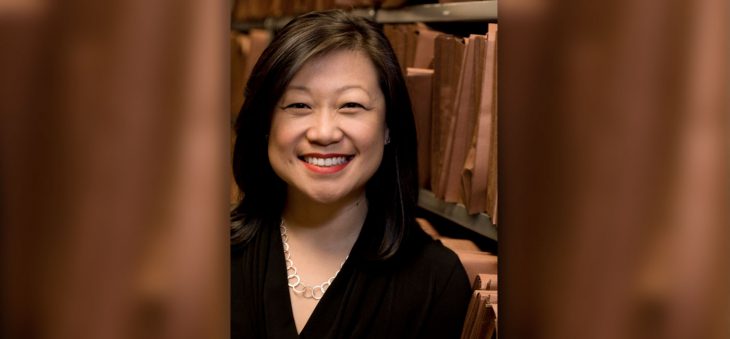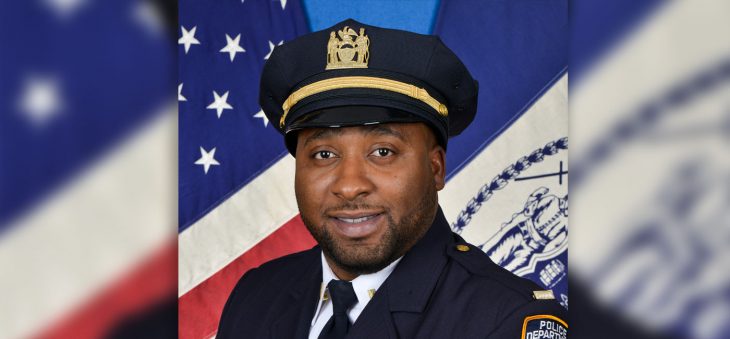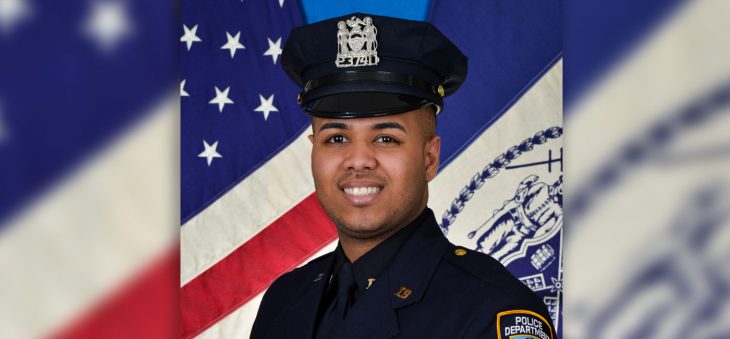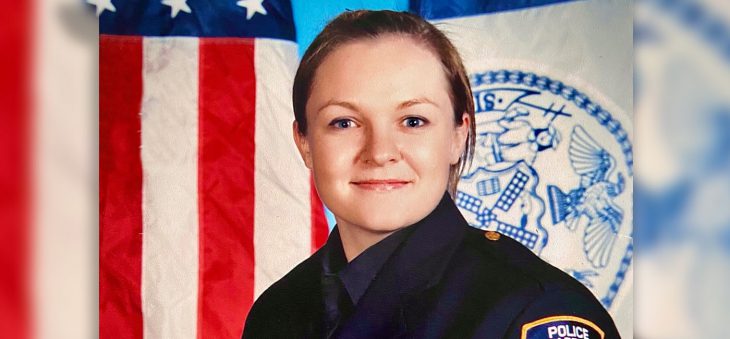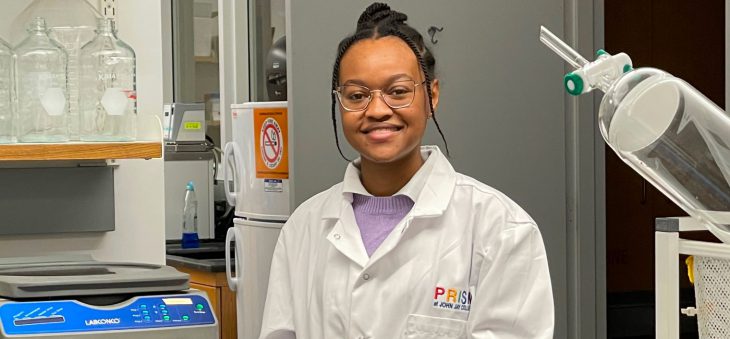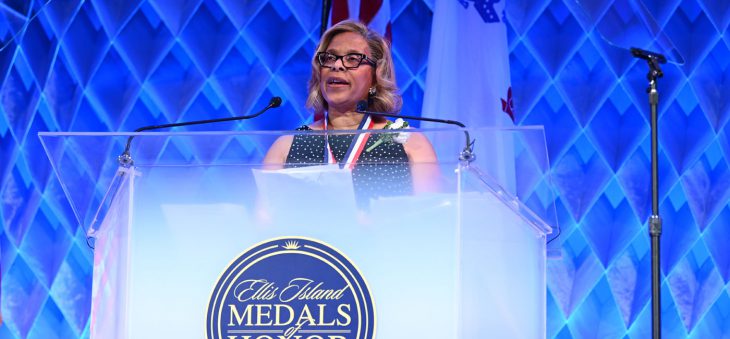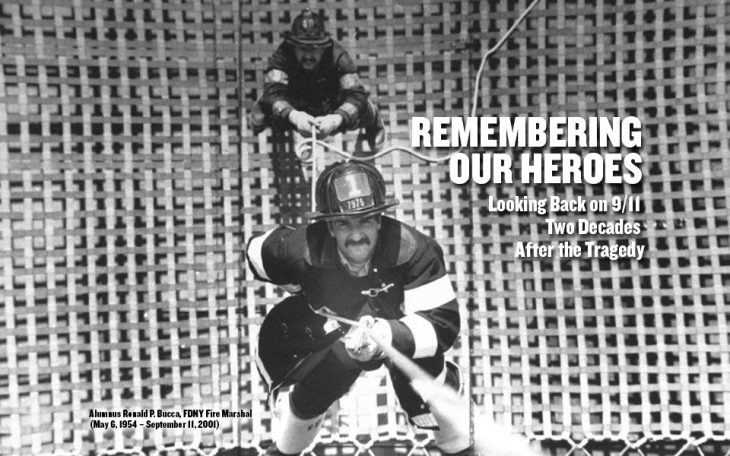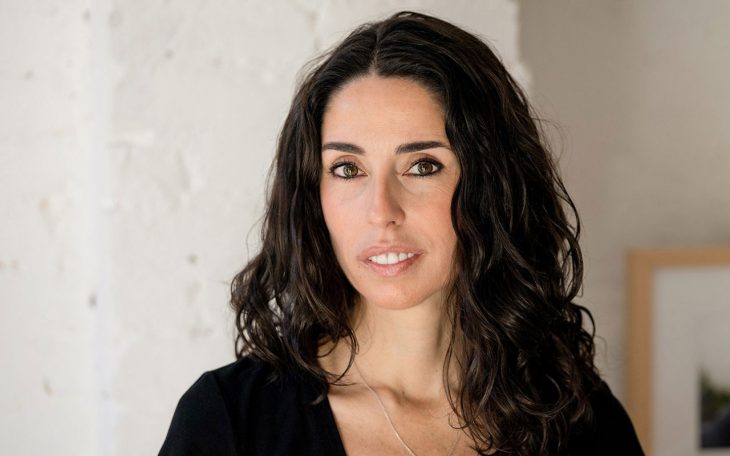The newest student-success initiative that supports second-semester freshmen, through their sophomore year, with intensive academic advisement, experiential learning, and career-focused internships.
By Mary Anderson
WHEN FRESHMAN Johanna Molina walked into her LEAP advisor Cortanay Parker’s office one February afternoon, it wasn’t academic help she was looking for. She had a good handle on which courses she should take as she pursued her Criminal Justice major—the same subject Parker had majored in as a John Jay undergrad—but she needed a resume for two internships she was applying to, one at the Bronx District Attorney’s office and the other with the New York City Police Department. “She really took her time with me, giving me a lot of great suggestions from her own personal experiences,” Molina recalls of that meeting with Parker, her third one that month. “Now I have a great resume and a good handle on the next steps I need to take in my journey.” Molina’s path to this turning-point meeting began with an appointment at the campus Career Center. When the counselor realized Molina was a second-semester freshman she suggested LEAP as an additional resource. The counselor even walked Molina down the hall to the offices of the newly-launched program known as LEAP—an acronym for Linking Experience, Academics and Practice, a student-success initiative generously funded by the Booth Ferris Foundation and the ECMC Foundation. “The personalized attention I got from LEAP really helped me focus on my goals. I don’t think I’d be as confident about my future had it not been for Ms. Parker,” says Molina.
John Jay has a number of “cohort programs”—Accelerate Complete Engage (ACE); Search for Education, Elevation and Knowledge (SEEK); the Honors Program; and APPLE Corps to name a few—in which students who are following a specific field of study or meet some other type of eligibility get intensive academic advising, career counseling, and mentoring. “These different programs have shown a great deal of success because they offer wrap-around services for students, that the general student population did not have,” says Sumaya Villanueva, Ph.D., Assistant Provost for Academic Engagement which administrates them. LEAP was conceived to fill that gap. “We realized that when students have that connection to a person who works with them and gets to know them, then the likelihood that these students are going to succeed and complete their degrees is definitely much higher.”
The idea is that LEAP would be the guiding hand which would take students from the second semester of their freshman year through to the end of their sophomore year. This is a crucial window, says Villanueva, when such support makes all the difference. As the College has an ambitious goal underway to exceed national college completion rates for public institutions by the year 2025, it found there was an opportunity to address the drop-off in students returning for their second year of study. “It is that transition from the summer into the fall that we lose a number of students,” says Villanueva. “We knew going in that we wanted to create a structure whereby bringing in additional advisors to work with their students during that critical time was going to be key.”
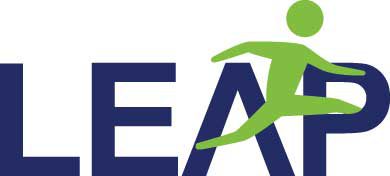
At the start of the second semester this past January, all LEAP freshman received an email in their inboxes. It was a letter introducing the LEAP program and the dedicated four-person team of advisors: program manager Cristina Di Meo and two other counselors besides Parker, Ahmadou MBoup and Alex Vasquez. “The message to students was that we’re here to help you think about academic advising and career advising together in an integrated model,” says Villanueva. Sure, the LEAP advisors could help puzzle out which course credits are needed to keep students on target for completing the requirements for their major, but they also served to focus students on the bigger picture. It’s about getting them thinking about internships and other career experiences early on. “There’s a lot of research on experiential learning that shows that students are more engaged and that helps with retention,” says Di Meo.
The first LEAP event, held in early February, was an experiential opportunities fair. “We brought together all of the folks on campus who provide experiential learning—the peer programs, CUNY Service Corps, the Office of Student Research and Creativity, the study abroad program—to really present to students what opportunities are available and to get them thinking about how they can get involved,” says Di Meo. The goal is to have students figure out what their interests are early on in their college careers to help them know their path forward. “If they start networking and being connected to certain opportunities and people,” says Villanueva, “then by the time they graduate, they will be more proficient at doing what they need to be able to do to secure not just a job, but actually the beginning stages of a career.”
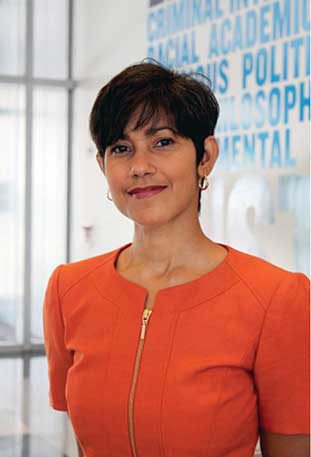
Aarifah Surujlal was one of the freshmen who attended that LEAP fair. She had learned from the January email that MBoup would be her LEAP advisor and met up with him there. “I set up an appointment with him the following week and he helped me pick out my classes for next semester and plan out internship opportunities,” says Surujlal. It turned out to be fortuitous timing. “I was considering doing my internship in my junior or senior year, but he told me that if I want to go to Columbia Law School, I needed to do two or more internships.” (MBoup received his bachelor’s degree from Columbia University.) Now, whenever Surujlal has a question about those applications, she sends MBoup an email. “He’ll always answer by the next day,” she says.
Equally important, there is another safety net function that LEAP serves. Of the 857 second-semester freshmen under the LEAP umbrella, the College sought to identify those students who had scored a D, F, W or Incomplete in any of their fall courses and those who had not reached 15 credits to be on pace for graduation. In all, 309 freshmen fell into that subset. “That doesn’t mean that all of them were necessarily at risk,” says Villanueva. “But we were persistent with following up with them and trying to identify what are the issues. Is it a time management thing? Is it that you need access to wellness resources or do you need tutoring?” Prior to the inception of LEAP, the College’s regular core advisement team would have been able to send notifications to those students about what next steps they should take. But as those advisors serve the entire College population, their ability to follow through in the high-touch way that the LEAP advisors are doing is more limited.
Of course, the coronavirus pandemic upended campus life in mid-March before the LEAP program could roll out the full scope of its enhanced student support. “One of the things that we are aiming to do is to have students see that an e-portfolio—which many of them have become accustomed to using for their English seminars—is a platform that they can continue to use beyond the classroom,” says Villanueva. To that end, the LEAP program had planned a four-part Level Up series to walk students through the process of designing their e-portfolio to be a career tool with a built-in resume. “At the end, we planned to show them how to make their portfolio more tailored to their interests, but it didn’t get to happen—so that’s something that we’d like to incorporate for next year,” says Di Meo.
LEAP advisors nonetheless continued working with their students remotely through the months of quarantine that followed. In April, freshman Enrique Mendez was emailing with his advisor, Parker, to work out how to switch from his Criminal Justice major to Forensic Science. “I didn’t think it would be an option for me,” says Mendez. Parker not only helped map which courses were needed, she did even one better, offering to connect Mendez with a John Jay alumnus, Andrew Schweighardt, Ph.D., who works at the Office of New York City’s Chief Medical Examiner. When Mendez spoke with Schweighardt later that month, he was prepared with a list of questions that he had formulated with Parker. “He gave me a lot of information about how he started, including what subjects he took as minors—biology and chemistry,” says Mendez of the informational interview.
This type of networking is a case study of LEAP’s potential. It began when Di Meo arranged a meeting with the College’s Director of Alumni Engagement, Rosann Santos. “We discussed how we might partner, since I’d like to create a mentoring piece to our program that would involve alumni—and other professionals—who could help students with informational interviewing and job shadowing,” says Di Meo. It was at that meeting that Santos had mentioned Schweighardt and the lightbulb went off that Mendez had mentioned his interest in this field to Parker. “There is no formal internship currently available with the Medical Examiner’s office, but I’m hoping these kinds of connections lead to future opportunities,” says Di Meo.
Before the end of the spring 2020 semester, when it was time to finalize decisions on which fall classes to register for, Johanna Molina had pretty much figured out her best class options, but she wanted to check in with Parker, who suggested she also think about fulfilling one of her minor requirements. It was advice the freshman especially took to heart, knowing that Parker completed the same Criminal Justice major she’s now pursuing. “It’s amazing knowing that someone is there to understand you and help you no matter what,” Molina says. “I’m really glad that I have a LEAP advisor in my corner.”

